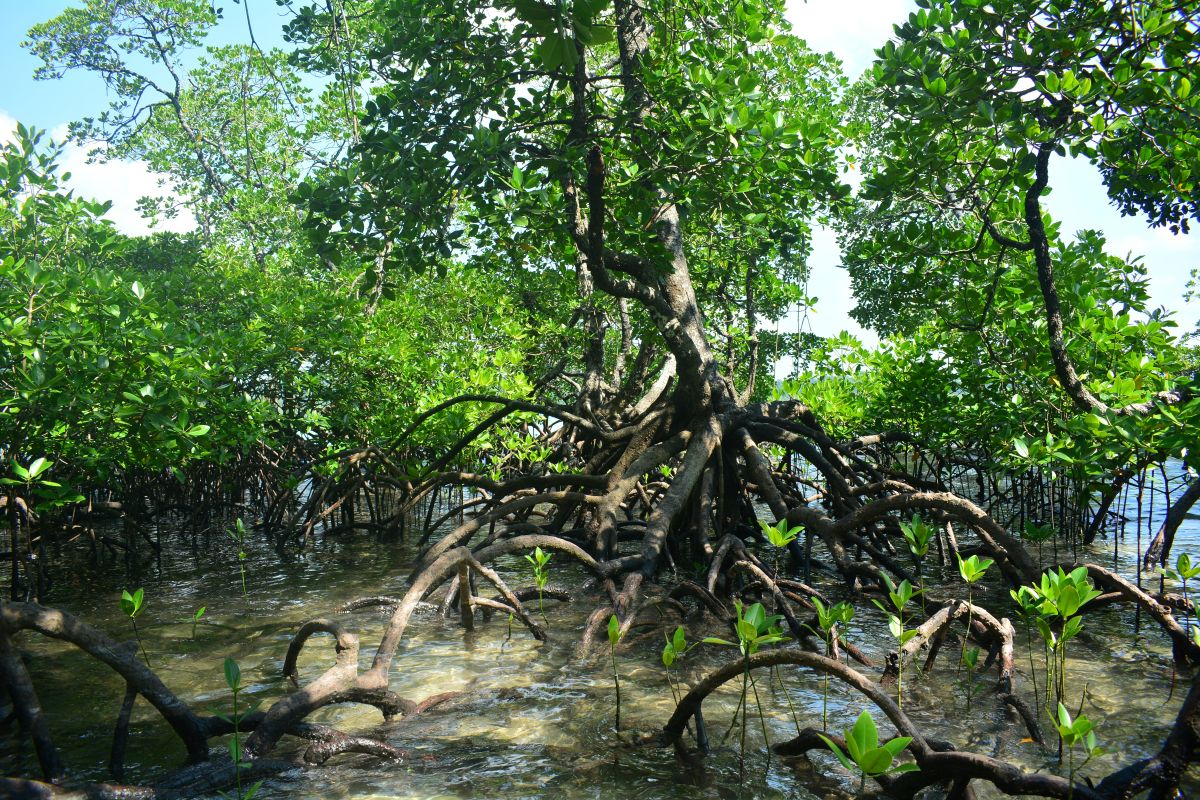New Global Benchmark for NbS: IUCN Launches Updated Global Standard for Nature-based Solutions
The International Union for Conservation of Nature (IUCN) launched the Second Edition of the Global Standard for Nature-based Solutions at the 2025 World Conservation Congress in Abu Dhabi. By strengthening scientific rigour, social safeguards and practical usability, the updated Standard provides a stronger foundation for scaling credible, high-quality NbS worldwide. October 28, 2025
On 10 October 2025, the International Union for Conservation of Nature (IUCN) officially launched the Second Edition of the IUCN Global Standard for Nature‑based Solutions at the IUCN World Conservation Congress 2025 in Abu Dhabi.
Building on lessons from the five years since the release of the first edition (published in 2020), and feedback from an extensive stakeholder consultation, the second edition strengthens the Standard’s role as a global benchmark for the design, verification and scaling up of NbS.
What are the major updates in the new edition?
The original IUCN Global Standard provided a set of 8 criteria and 28 indicators to benchmark interventions that claim to be nature-based solutions. The new edition aims to strengthen clarity, usability and safeguards.
Significant changes include a systems thinking approach that better recognises interconnections between ecological, social and economic dimensions and how these should be considered together in the design and management of NbS. There are stronger equity and rights safeguards with Indigenous Peoples and local communities placed more centrally in all aspects of NbS design and implementation. The new edition gives greater attention to the policy, finance, regulatory and institutional systems needed to support and scale NbS. There is also increased emphasis on long-term viability to ensure NbS are designed with a plan for resilience and long-term financial sustainability from the outset. Language and structure have been streamlined to improve usability.
NbSI involvement
NbSI Deputy Director, Dr Jennifer Lucey, represented the academic community on the Core Working Group responsible for developing this revision. Drawing on her extensive experience in developing biodiversity policy with the Roundtable on Sustainable Palm Oil (RSPO) certification standard, she helped ensure that the updated Standard reflects the on-the-ground realities of implementing NbS in agricultural and forest landscapes, strengthening the integration of the scientific evidence base and its translation for the practical implementation of the Standard.
Dr Lucey said:
“It was a fantastic experience working with the team on this revision, and the new Standard reflects a truly collaborative process bringing together diverse expertise from across science, policy and practice to ensure the updated Standard supports effective, equitable and scalable Nature-based Solutions.”
Implications for practitioners, funders and policy
- Project developers and implementers can adopt the Standard and its indicators to design more robust, credible NbS interventions — improving transparency, managing trade-offs and demonstrating measurable benefits for nature and people.
- Funders and investors can reference the Standard as a benchmark for due-diligence and monitoring — building confidence in scaling up NbS financing and avoiding interventions that deliver only superficial gains.
- Policymakers and regulators can integrate the Standard into national strategies, enabling conditions, and metrics frameworks — thereby aligning NbS with biodiversity, climate and sustainable-development agendas.
The revised Standard marks an important step forward for ensuring that Nature-based Solutions deliver genuine benefits for both people and the planet. By strengthening scientific rigour, social safeguards and practical usability, it provides a stronger foundation for scaling credible, high-quality NbS worldwide.
